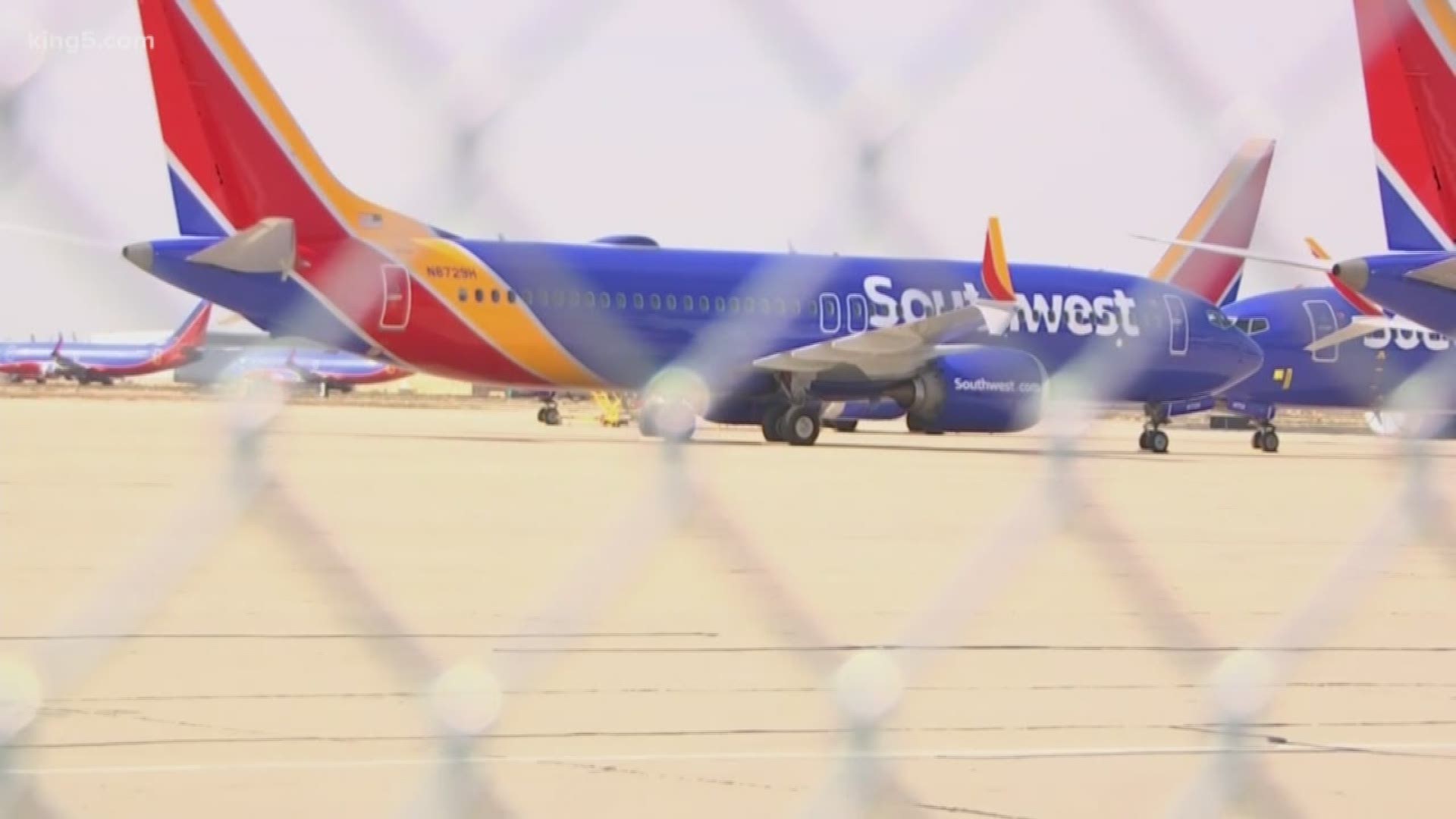SEATTLE — Wednesday will be a busy day for Boeing and those who regulate and oversee the airline industry.
First, Boeing will host some 200 pilots, airline technical leaders, and regulators to give a full rundown on the safety fixes for 737 MAX jets. The upgrades come after two deadly crashes that killed a total of 346 people.
Both crashes are linked to what's called MCAS, an automated safety system designed to keep the nose of the airplane from pitching up and stalling. But in both cases, it's feared the system caused both planes to nose down toward the ground because of how it processed potentially bad data from a single sensor on the nose of the aircraft.
NBC News reports the Federal Aviation Administration had been reviewing an initial version of Boeing’s MCAS fix as early as January 21, several weeks before the crash of an Ethiopian 737 MAX 8 on March 10.
Then on the other side of the country, the Senate Aviation Subcommittee, part of the Committee on Commerce, Science & Transportation, will convene on the state of airline safety and federal oversight on commercial aviation.
From an advanced draft copy of his remarks, Calvin Scovel, the U.S. Transportation Department’s Inspector General is focusing on two key areas: training pilots to deal with unexpected in-flight upsets where he says flight crews rely on automation 90 percent of the time, and changing the way the FAA oversees the certification of planes.
Rep. Rick Larsen, a Washington Democrat and Chair of the Subcommittee on Aviation, and Oregon Democrat Rep. Peter DeFazio sent a letter to Scovel urging an independent third-party review of the FAA's certification of Boeing 737 MAX planes.
Like Transportation Secretary Elaine Chao wrote on Monday, the letter reinforces the bi-partisan call for an independent third-party review of the process.

